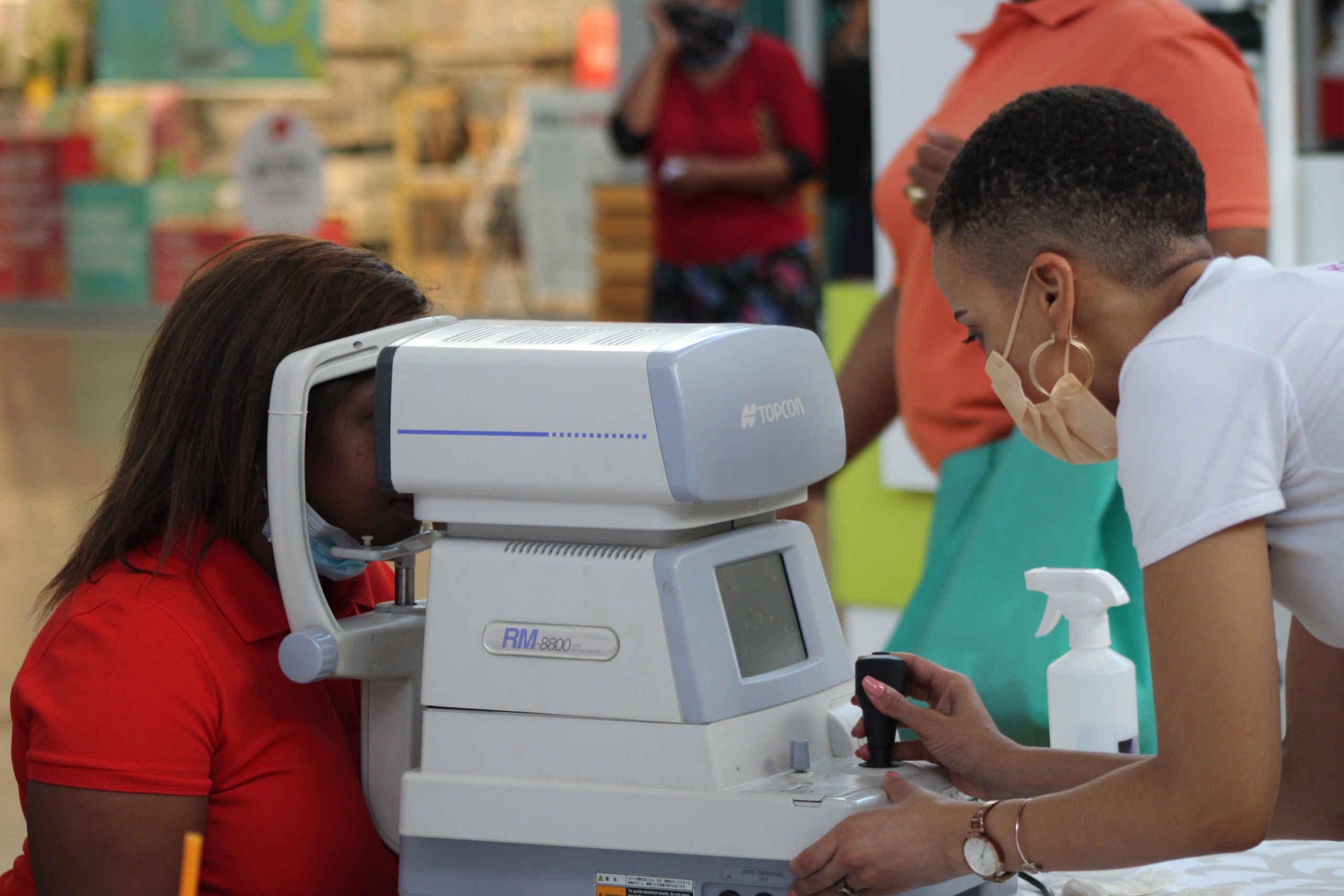5 Health Care-Focused Organizations in Africa
 Health care is a continuing issue in developing sub-Saharan African nations, but both foreign and domestic investment in the region are tangible and helping to improve it every day. Below are five health care-focused organizations in Africa working towards improving some of the most poverty-stricken areas.
Health care is a continuing issue in developing sub-Saharan African nations, but both foreign and domestic investment in the region are tangible and helping to improve it every day. Below are five health care-focused organizations in Africa working towards improving some of the most poverty-stricken areas.
5 Health Care-Focused Organizations in Africa
- The African Medical and Research Foundation (AMREF) – At its inception, the AMREF was an effort to bring doctors to remote areas of the continent. It has since expanded to work on strengthening the core health systems in Africa and in training African health workers to be able to respond to “critical health challenges.” In 2021, more than 92% of its operational budget went directly towards program services — clinical services, health training and primary care efforts in Africa. Much of AMREF’s efforts are focused on education — training new health care workers is a crucial part of their work as there are, on average, “only 2 doctors and 9 nurses available for every 10,000 people” in the sub-Saharan Africa region. AMREF Health Africa considers this to be the cornerstone of their efforts.
- Wellbeing Foundation Africa (WBFA) – The WBFA is a health care-focused organization in Africa dedicated to the improvement of health outcomes for women, infants and children — particularly during childbirth and early infancy. One of their most influential programs in the region is “Mamacare360” — a program dedicated to improving maternity care. Operating out of Nigeria — a nation known for being the second largest global contributor to maternal deaths — the program has helped more than 200,000 women with their midwife, pregnancy and post-pregnancy needs. To date, it has not lost a single mother enrolled in the MamaCare program.
- Access Afya – Access Afya is an enterprise focused on the delivery of health care directly to the communities that need it most — particularly those in low-income areas. Afya works to achieve this primarily through their standardization efforts — that is, Access Afya provides a standardized model for clinics that will provide “chronic care…lab testing, child immunizations and nutrition… and more.” Its mission is to help provide the backbone of a regional health care system by implementing digital health technologies that are already commonplace in more affluent parts of the world.
- African Mission Health Care (AMH) – Operating as a nonprofit, the AMH’s mission is one shared by many of the other mentioned organizations — a happier, healthier Africa where health care is available and no longer a factor in preventing the development of the continent. AMH primarily supports mission hospitals, providing resources and funds to missionary physicians and the domestic hospitals they serve. AMH currently maintains active projects in 10 different sub-Saharan African nations and has invested more than $30 million in training, direct care and infrastructure.
- The Africa Mental Health Training and Research Foundation (AMHRTF) – The AMHRTF stands out for its primary efforts being rooted in the realm of mental health care. The organization works primarily in researching mental and neurological health in the hopes of more efficiently creating policy and practice guidelines for “affordable, appropriate, available and accessible mental health services.” The AMHRTF strives to be the cornerstone of mental health research and knowledge on the African continent. One of the recent projects was the DIALOGUE project — a collaboration with traditional and faith-based healers that sought to empower them with the ability to stage mental health interventions and provide screening for signs of depression.
Health Care, Poverty and the Future
Despite their varying methods and purposes, all of these health care-focused organizations in Africa are working towards one goal: providing an efficient, widely available and active health care network to some of the most impoverished areas in the world. They represent real-world investments in the developing world. Health care provision is one of the many avenues through which people can be lifted out of poverty.
– Marc Federici
Photo: Unsplash
